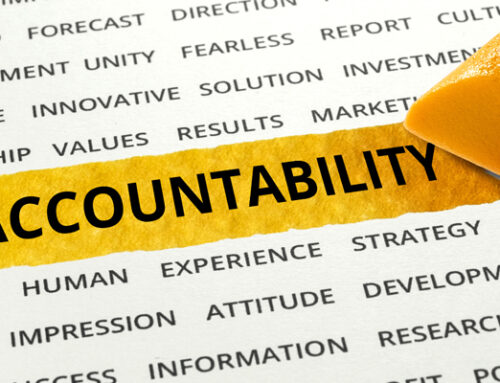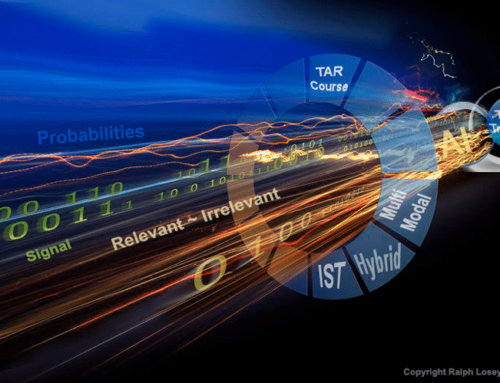Managing Workplace Culture:
Modern workplace culture has gone through a significant transformation in the last couple decades. These changes are caused by rapid advances in technology and communication, shifting philosophies on best practices, and the benefits of an increasing diverse workforce. FaceTime, Zoom, and Skype have brought global partners together. Breakthroughs with artificial intelligence (AI) and machine learning have revolutionized data mining. Employee wellness has moved to the forefront by focusing on a work-life balance.
With so many advancements, companies are constantly adapting to new technology. Fields that have been stagnant and resistant to change are finally embracing technological advancements. The companies in these fields have found that using AI (and other tech) allows employees to spend more time focusing on strategic aspects that leads to innovation. However, it is just as important to remember that humans are social beings and finding new ways to connect is just as important as new technology.
Employee wellness is finally being discussed and recognized as a top priority. Companies needs to focus on nurturing the human aspect to complement the growing reliance on advanced tech. Many companies are offering holistic wellness programs that offer yoga classes, 5K runs, brain-based training, life coaching, and on-site healthcare clinics. Offering these options, promotes a healthy and successful workplace culture. Many companies are also recognizing their employees’ demands of managing day-to-day responsibilities and are offering flexible work-at-home options. This is being done to help create a work-life balance that benefits employees and companies.
One of the most impactful and challenging aspects of managing a vibrant workplace is integrating new, diverse cultures following mergers and acquisitions. Lots of up-front thought is required when thinking about the impact and effects a merger or acquisition has on employees. Usually, the Human Resources (HR) department leads the way in these types of situations. But in today’s workplace every department and employee is considered to be an equal participant in creating a successful workplace culture. Managing workplace culture is one of the most important aspects of any successful company.
For more Tidbits & Thoughts, please click here.






